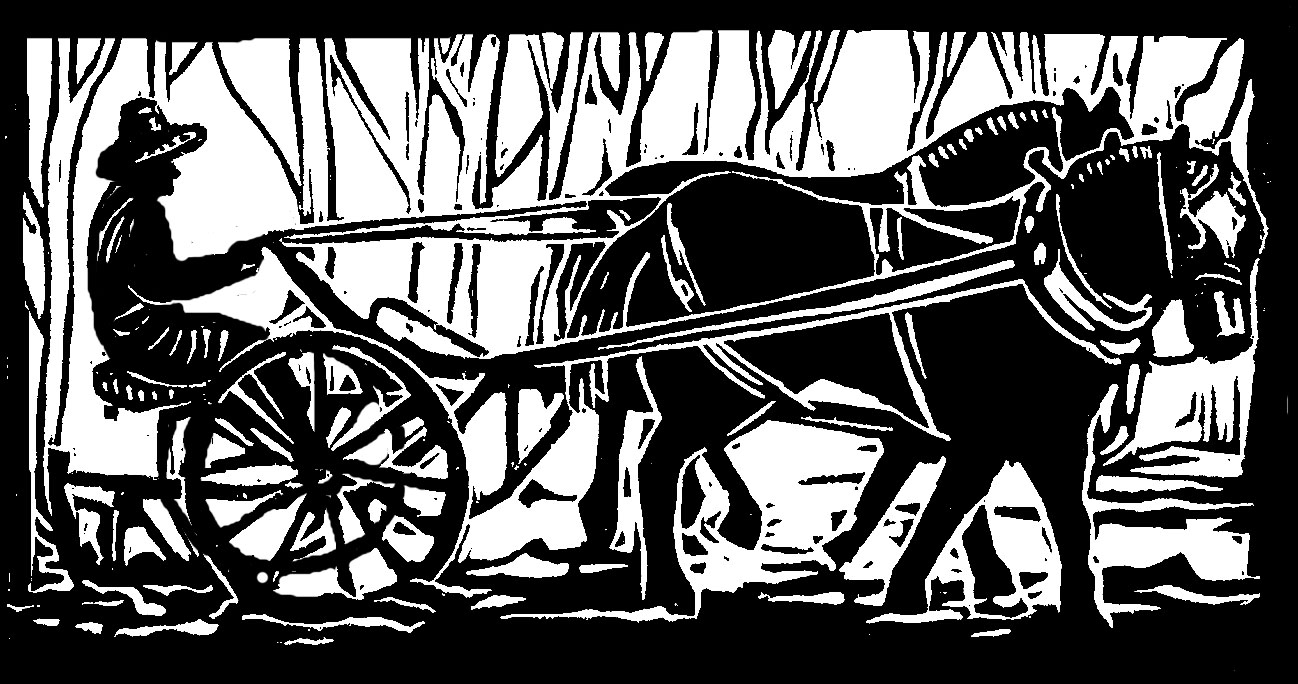It would be easy to be overwhelmed on a vegetable farm in July in New England. What with five garden sections, four greenhouses, three hayfields, two farmers, and one hundred million weeds all in full swing, a farmer might feel a wee bit daunted.
Thus, July is a most excellent time for some really funny farmer jokes. On this farm, we have one farmer who makes a lot of silly jokes, and one farmer who laughs a lot at the silly jokes, which is a fine combination.
For instance, last year we won a farm award from the Cheshire County Conservation District. The award recognizes farms that have implemented multiple conservation strategies on their farms, promoting sustainability in the local economy, environment, and agriculture. It was wonderful to be recognized for our various efforts. It was also kind of funny, since the award is called “Cooperator of the Year.”
As my fellow farmer said, “Wow, that's the first time anyone's ever called me cooperative!”
This made me laugh, a lot, as my fellow and I have been farming and living together for some time now. There are many ways I would describe him: kind, cheerful, hard-working, optimistic, fiery, well-mannered, handsome. Cooperative? Hmmm.
Funny, though, would be high on the list. I have been laughing at my fellow's jokes since the beginning. He has a way of lightening up things when the melancholic farmer, me, gets worried about not getting enough work done. Of course, there's always way too much work this time of year, and I start saying things like, “I don't have time to write today. I'm going to come out first thing and work on stringing up the peppers with you.”
“Nah,” answers my fellow, “I don't need you. You don't do much, anyway.”
This makes me laugh a lot too. Then I do go to my writing desk, and my fellow goes out to the peppers, pleased with both his joke and the fact that he's avoided working with an extremely cross fellow farmer, me again, who has not been able to get enough writing time to keep her spirits up.
After my writing, when I feel much better about the state of the world and the state of the farm, or at least much more able to keep it all in perspective, sometimes I make funny jokes too. Once, when we were clearing out all the machinery and junk that had accumulated in the barn over the winter, in order to start bringing in loads of hay, in the summer, I found a wrench that should properly have been hanging in its designated spot in the tool area.
Now this tool area has been left entirely to the devices of my funny, good-hearted, and very disorganized fellow farmer. It has been knee-deep for several years, and it is a small miracle when he finds what he's looking for there. On the day when I found the wrench, I called out, “Hey, watch this!”
My fellow farmer came over. “Yes?”
“I'm going to put this away! Watch!” I said, and then, from a distance of twenty feet, I flung the wrench into the gaping maw of the tool area. The wrench was immediately swallowed, and I collapsed into laughter.
My fellow farmer looked long at the tool area. He looked long at me, rolling around in laughter on the ground.
“Really funny,” he finally said.
“I know, I know,” I gasped, laughing and laughing.
What a fine way to jolly up overwhelming old July on the farm.
Originally published in the Monadnock Shopper News, July 4 - July 10, 2018
